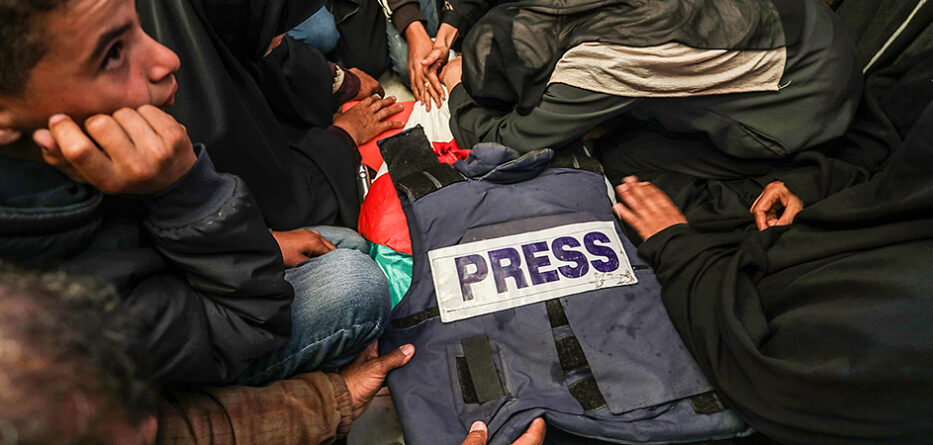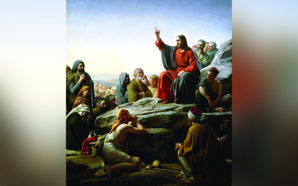2 November is the Commemoration of all the Faithful Departed (All Souls’ Day)
2 November is the United Nations’ International Day to End Impunity for Crimes against Journalists
All Souls’ Day has a long history. It touches on the universal human need to grieve for and hold in our memory friends and family members who have died. For people, including Christians, who believe in life after death, it also touches on the gap between people’s patchy lives before they die and the perfection they enjoy in heaven.
In Jesus’ time, many Jews believed that the dead needed to be purified before entering heaven. Christians accepted this belief, which led them to pray for family members and others who had died. Later Christians placed a different emphasis on the day. From seeing it as a time to pray with people being purified from the traces of sin, they began to pray that people would be released from the punishment due from their sins. From being a joyful time of purification, the gap between this life and the next became a place of punishment modelled on hell. Prayer for and with the dead became prayer for the suffering souls in Purgatory, whose time of punishment could be shortened by dedicating prayers and good works to their freedom.
All Souls’ Day then became an intense time for praying both for dead family members and for souls of people who had no one to pray for them, and so releasing them from the punishment of purgatory. In more recent times, the focus of Catholic prayer has again come to pray for and with people who are being purified before enjoying heaven.
The prayer for the dead on All Souls Day also extended beyond family members and other Christians to remember people who have died in disasters such as earthquakes, plagues, and in wars. All Souls’ Day invites us to keep in mind the massive grief caused by natural disasters and human slaughter, strengthen our determination that it will never happen again, and express our hope for a more just and peaceful and life-affirming world. It becomes a day for all people and not just Christians.
From that perspective, the choice to place on the same date All Souls’ Day and the World Day to End Impunity for the Killing of Journalists is appropriate. All Souls’ Day celebrates the value of each human being and their unique human dignity regardless of race, religion, wealth and power. God loves and values every one of us and calls us to life with God. It is also a day of truth, acknowledging the imperfections and failures of all human beings and the desire for purification. It is a day of truth, both about the value of each human being and about our failure to respect that value.
In our public life, journalists have an essential part to play in telling stories that affirm the goodness of human beings in times of war and strife and the preciousness of each person. They also have the task of revealing the truth of evil actions and failures to act by Governments and powerful people. In these tasks, they do God’s work. To speak truth to power in this way is a heavy and dangerous responsibility. Governments and people with power will often intimidate and kill in order to prevent the truth being known.
For that reason, journalists who have been killed for their contribution to God’s work should be in our prayers on the Feast of All Souls. And so should be their living colleagues who are faithful to their calling.
Fr Andrew Hamilton SJ writes for Jesuit Communications and Jesuit Social Services.








